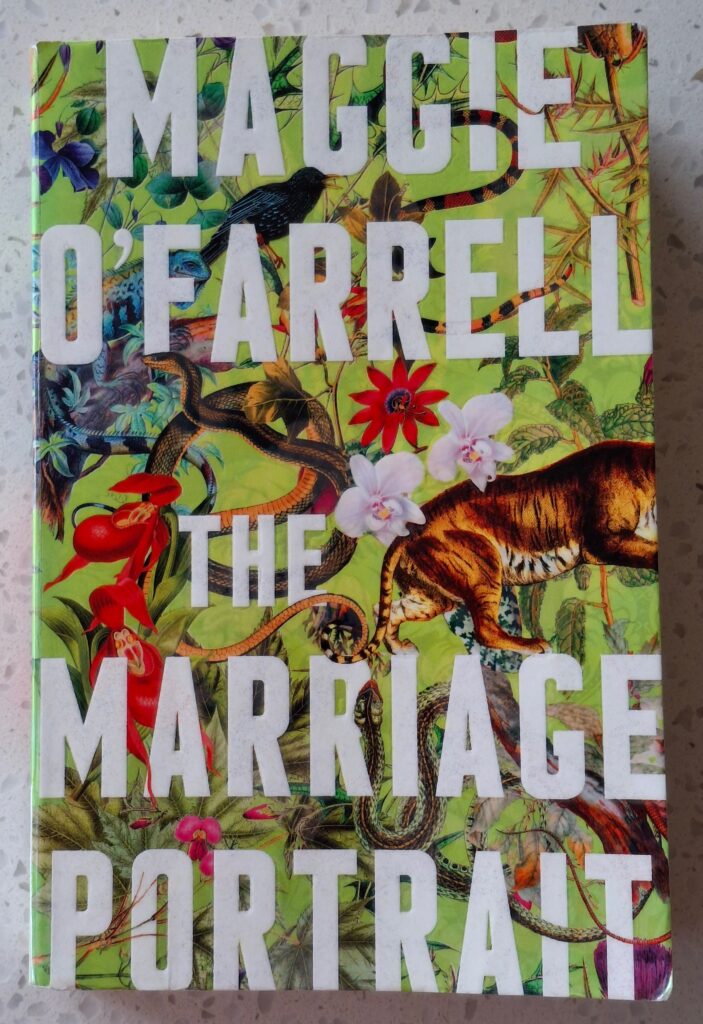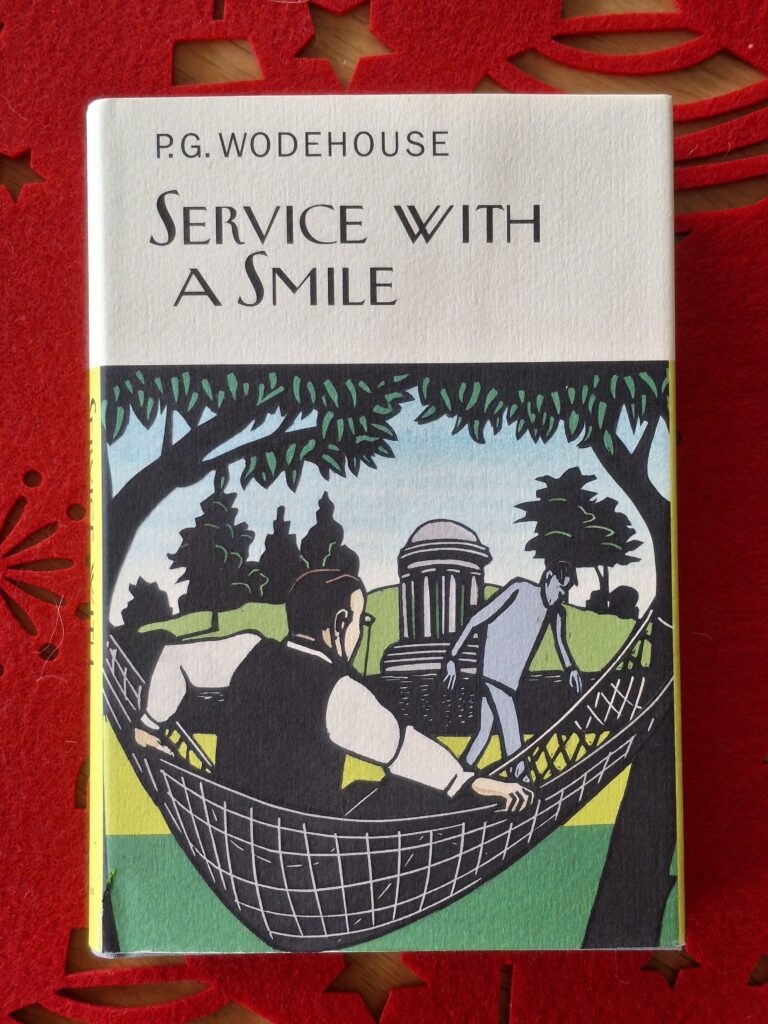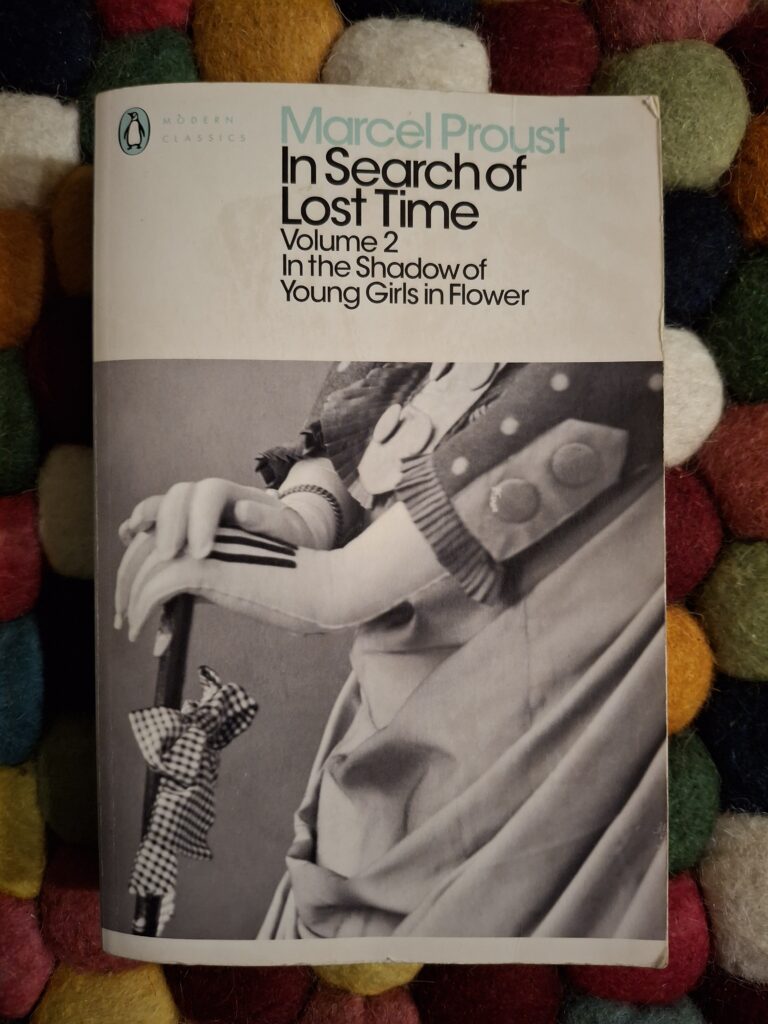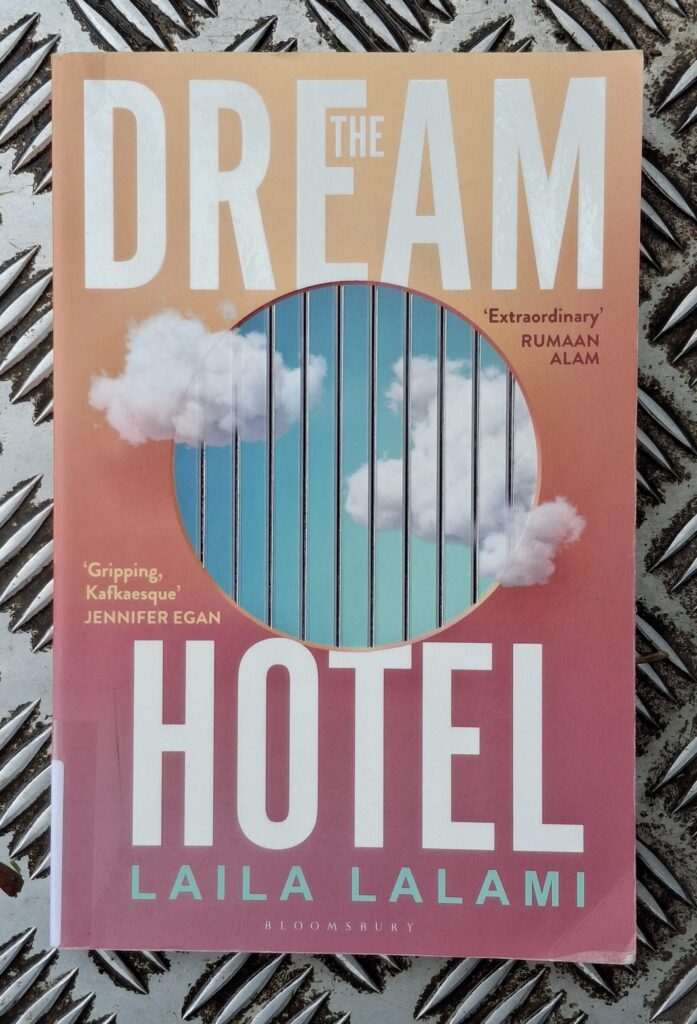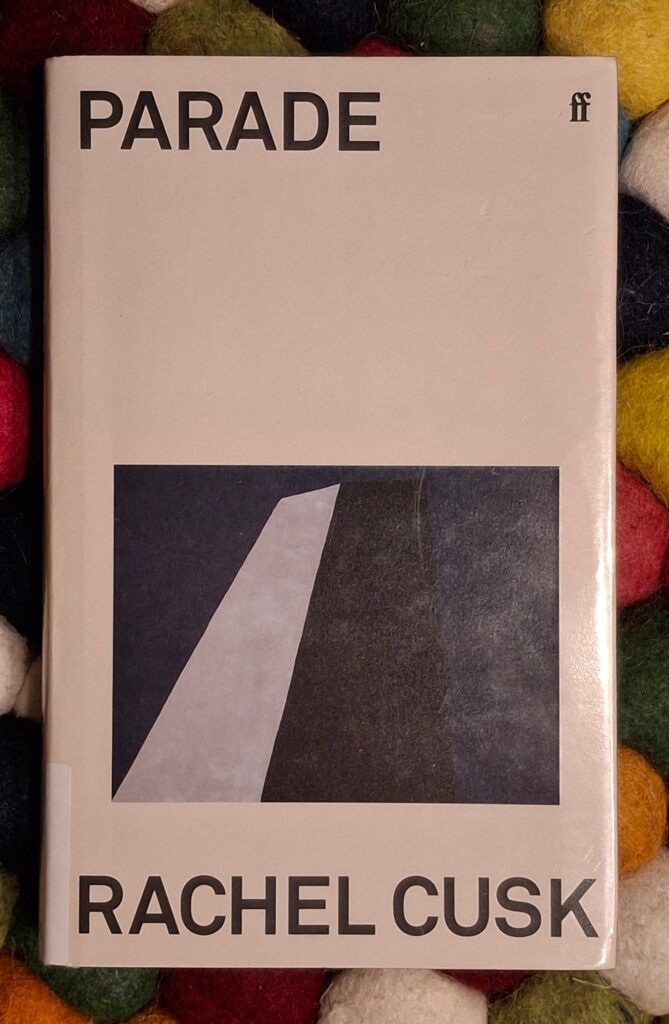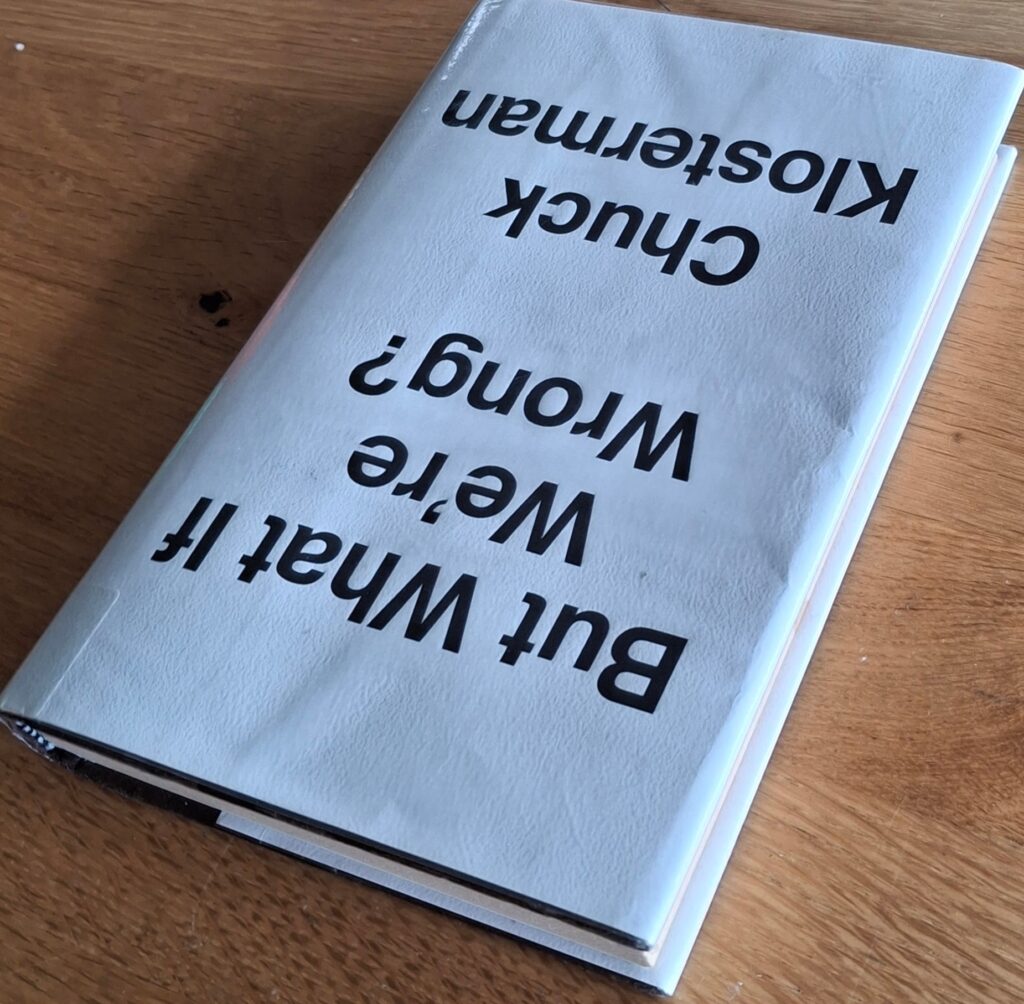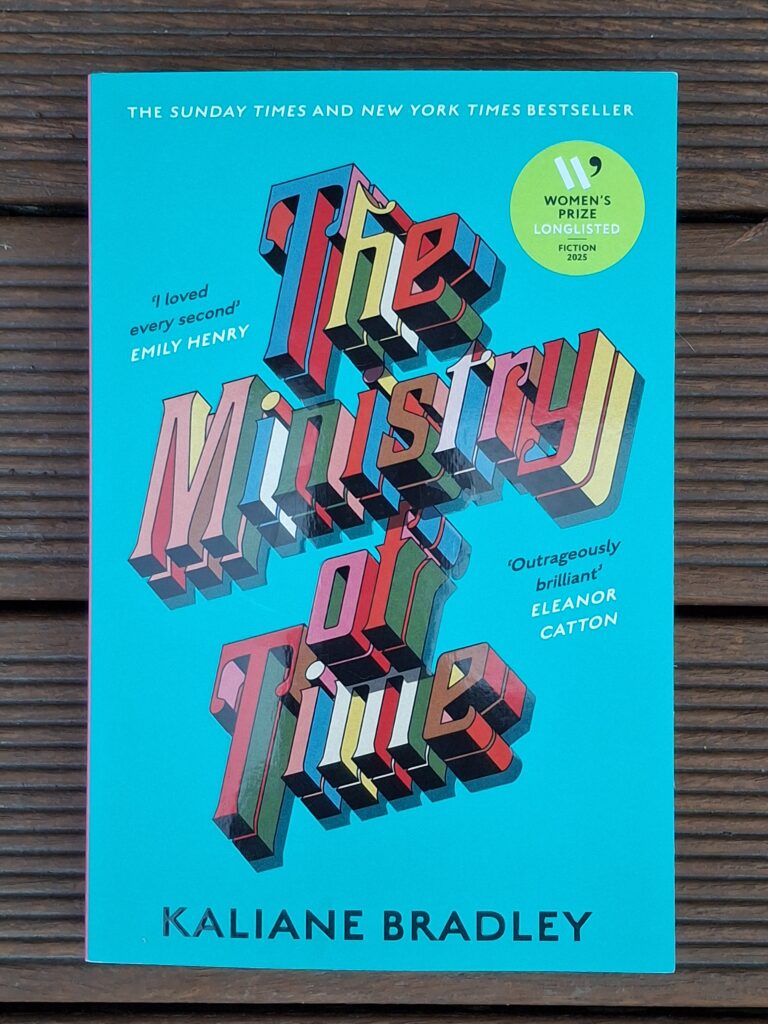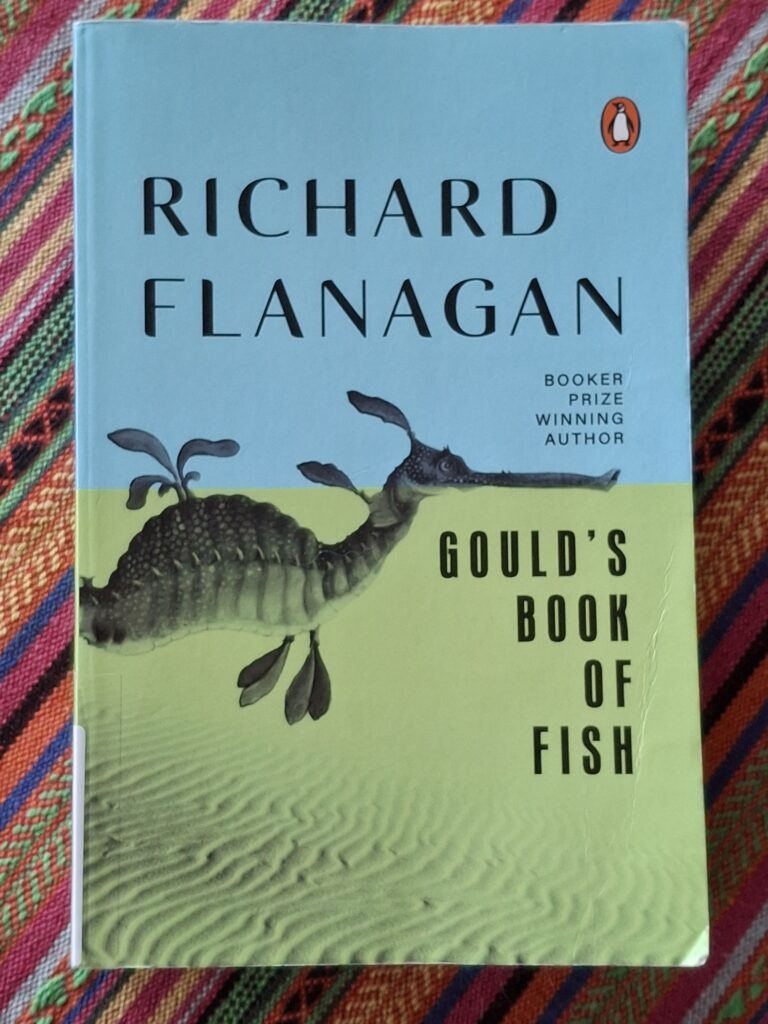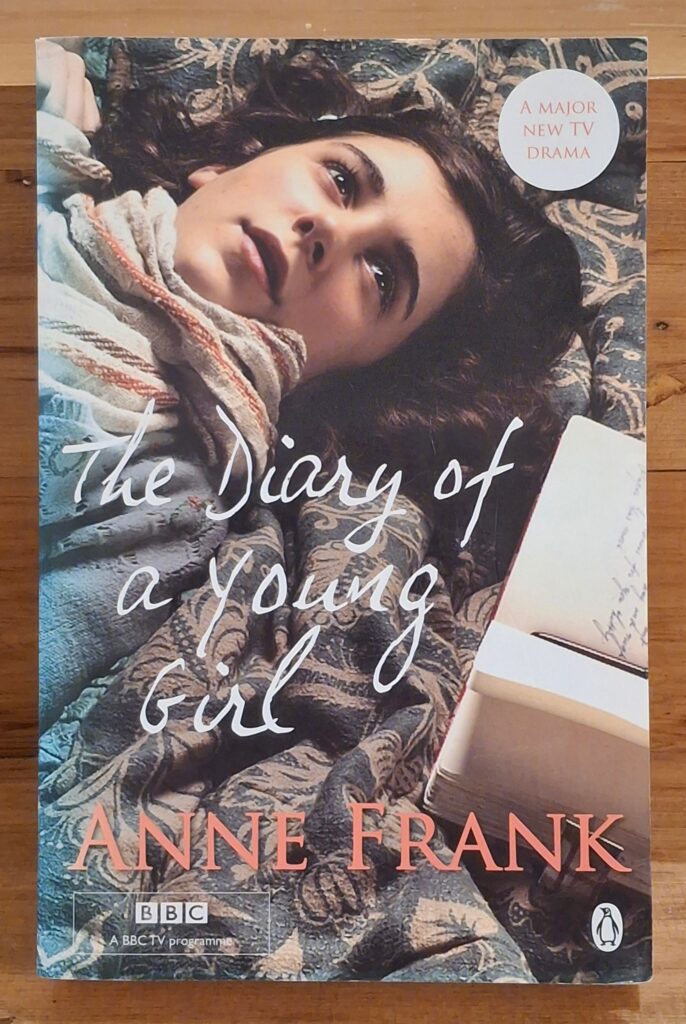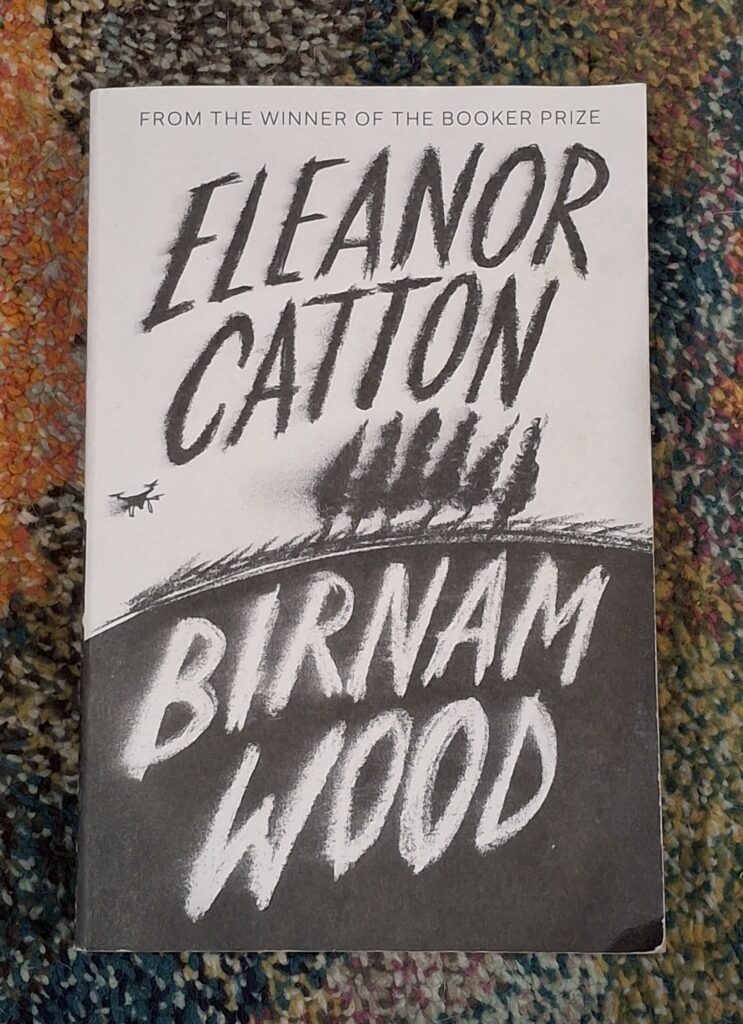Parade is quite austere in style, but still packs an emotional and intellectual punch.
The book is in four sections; they are connected, with a few characters’ stories intertwined throughout. Among the cast are three artists, all just called “G”. This is faintly confusing because the narrative viewpoint sometimes changes abruptly – when “G” is mentioned it’s not always immediately obvious which “G” it is. Many of the other characters aren’t named at all. This carries over to the setting – we find out almost nothing about where these people live, even what part of the world, and there’s very little detail. There is also not really a plot as such; more like lots of vignettes with associated discussion. The focus is on people’s internal states rather than external happenings.
Continue reading →
